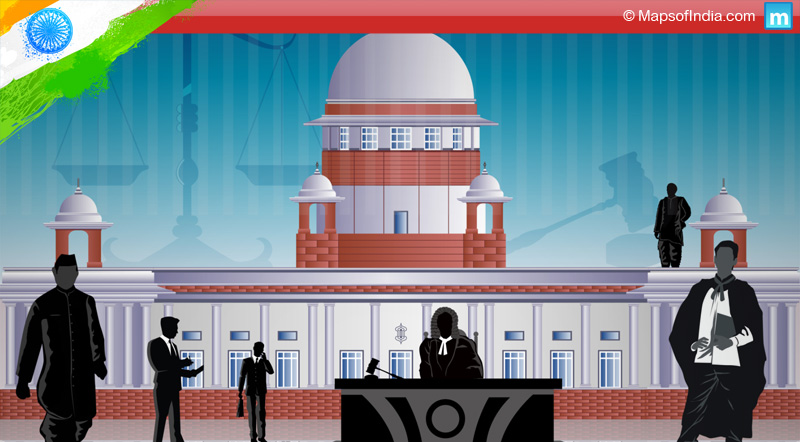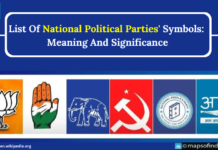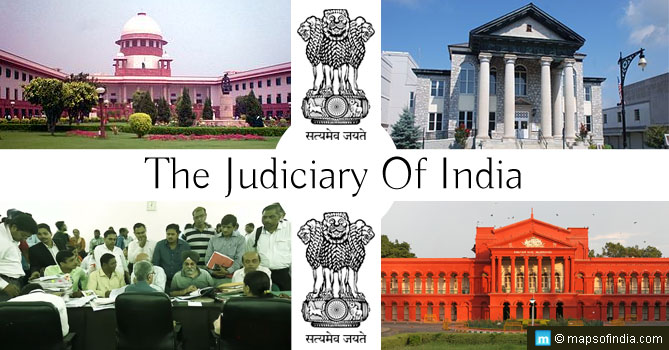
Most of the legal cases in India are waiting for so long that in some cases a person who had filed a lawsuit is no longer alive. As per the official data, near about 32 million cases are pending in the high courts and subordinate courts of India. Subordinate courts have close to 27.6 million pending cases whereas different high courts have 4.4 million such cases. Out of these, 3.2 million cases have been decided by these courts over the last 11 years. As per the calculation of an expert, in case no new case is filed at the court, then also it would take 324 years to solve all the piled up cases. It is definitely making an old adage “Justice delayed is justice denied” true.
India has 1,734 Fast Track Courts, set up under the recommendation of the Eleventh Finance Commission with an objective to speed up the process of disposing cases. For this purpose Rs. 502.90 crores was sanctioned by the Ministry of Finance.
Law and Justice Minister Kapil Sibal had once said that till 2011 3,292,785 cases were cleared by Fast Track Courts (FTCs). Gujarat has 61 FTCs, Uttar Pradesh has 153, Maharashtra has 51, Madhya Pradesh has 84, Tamil Nadu has 49, Bihar has the maximum number of Fast Track Courts that is 179.
But if the government has set up the FTCs with an objective to clear the piled up pending cases then why the Indian courts still have so many cases which are waiting for a decision. One of the reasons that are citied by the experts is the lack of adequate staff. A staff crunch is the biggest hurdle which is not allowing the FTCs to complete the case in a time-bound manner. At the same time it leads to excessive burden on the public prosecutors. Expecting one to perform beyond his or her limit leads to chaos. There are instances when a prosecutor has two or more cases being listed at the same time but in different courts. How can one person be present at two different locations at the same time. This means one case has to suffer. More public prosecutors should be appointed to tackle the situation. It has been stated that India needs judges five times more than its present number to reduce the burden of pending cases in the courts. Ratio of judges in India is 10-12 per million whereas if this is compared to West then it goes to 50-60 per million. India needs approximately 60 judges per million to work effectively.
But since March 31st, 2011 the Fast Track Courts have not been working under the government. Some of the states are running these on their own expenditure. At present near about 701 FTCs are funded by the state government. But the appropriate number of Fast Track Courts is the need of the day. Suitable number of FTCs must be established to ensure the reduction in the number of cases.
Moreover a scene outside the court is also very shabby with lawyers sitting under the trees with their typewriters. Our legal system must act swiftly and do justice. The cases should not take so long as a backlog of more than 3 crore cases puts a huge administrative as well as financial burden. Instead of opening new court and spending money and time of the same, efforts should be put to make the present system more efficient.




